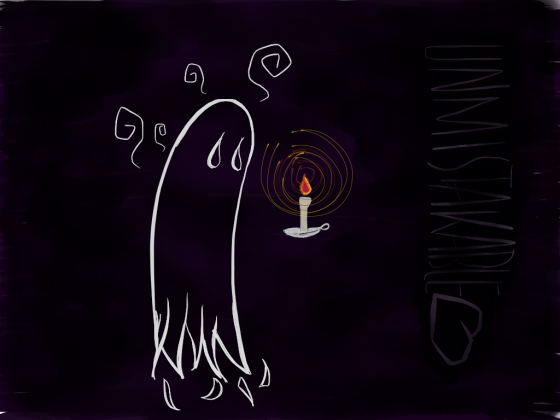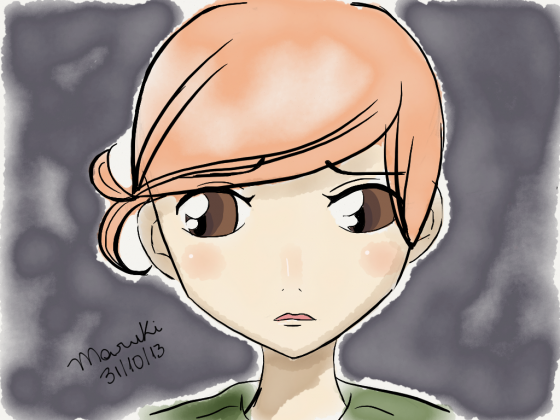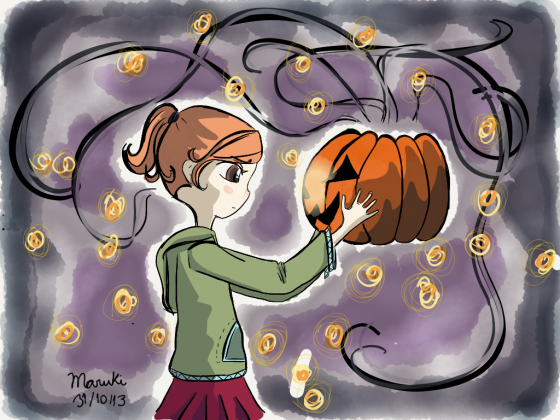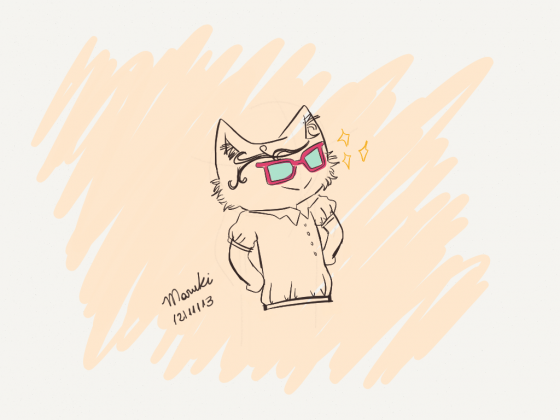Some people say that IABO is difficult – hellish difficult. Indeed, it is meant to be. The difficulty in IABO is a tribute to some of my favorite games: games that hit you in the face from the start. It is not without reason that I always play any Tales on hard mode. Difficult games are that fun – and the sensation of achievement of playing hard games is incomparable to easy games.
Indie
Disclaimer: this game contains excessively amounts of rainbow. It may indice seizures and extreme bliss due to excessive rainbow exposure. Player discretion is advised.
Unity recently released Unity Test Tools, a toolkit aimed at TDD for games.
It is still very raw and will probably change a lot, but already offers some cool features.
In this post we have a commented example of using the AssertionComponent from the UnityTestTools from code.
Working on a long-held idea is somewhat of a challenge: upon reflecting, you are constantly arguing with your past self. The down side is that it is but a one-sided argument, as your past self can’t really reply; the good is that your past self can’t really reply. For a few moments you feel like you don’t need to justify your choices to your past self; sometimes you feel that back then you were safer and more confident than now, and that you should, even if reluctantly, trust your past self’s notes more than anything.

Promo image for Halloween
Thankfully, my handwriting is still the same, so at least I have no problems reading it. Unfortunately, I don’t remember what I was thinking, so even the most legible lines may sound like a drunk person’s laments. And I wasn’t even drunk or anything at that time. I was just inspired, and inspiration – especially if it is really sudden – can result in haphazardly organized notes and hazy connections for your ideas.
But all of this accounts as learning, and I should once and for all incorporate documentation not as something I need for my current job, but something to carry on for my entire life. And learning this, at least for me, is sort of the pinnacle of my game development self-apprenticeship.
As for the story, it has, as one would expect, changed from what it was two years ago. Not deeply into its structure (such as changing the main events or characters, for example), but its tone has matured, become cohesive and leaned towards a proper, not-blurred, game objective.
The main character has now a face and a name with a meaning: Enid. She has a background, a story to tell, people she knows and conflicts she has to solve.

She looks scared, but she is only shy

Enid is confrontational towards the pumpkin

Enid in the bathtub
The game, which was first written and designed to be a text-based adventure is now a point-and-click adventure. It now has expressive graphics and a calm (but with a unsettling feel) soundtrack.
The pieces are coming together for what I expect from UNMISTAKABLE. We’re heading for the post-production phase, and I’ll keep you up for any developments.

Don’t I look proud
While the development of SELF is proceeding steadily, we decided to indulge ourselves in another point-and-click.
The most recent game I played was Home, from Benjamin Rivers.
To put it simply, it is a choose-your-own-adventure game. The problem is that I only realized that when I finished the game.








